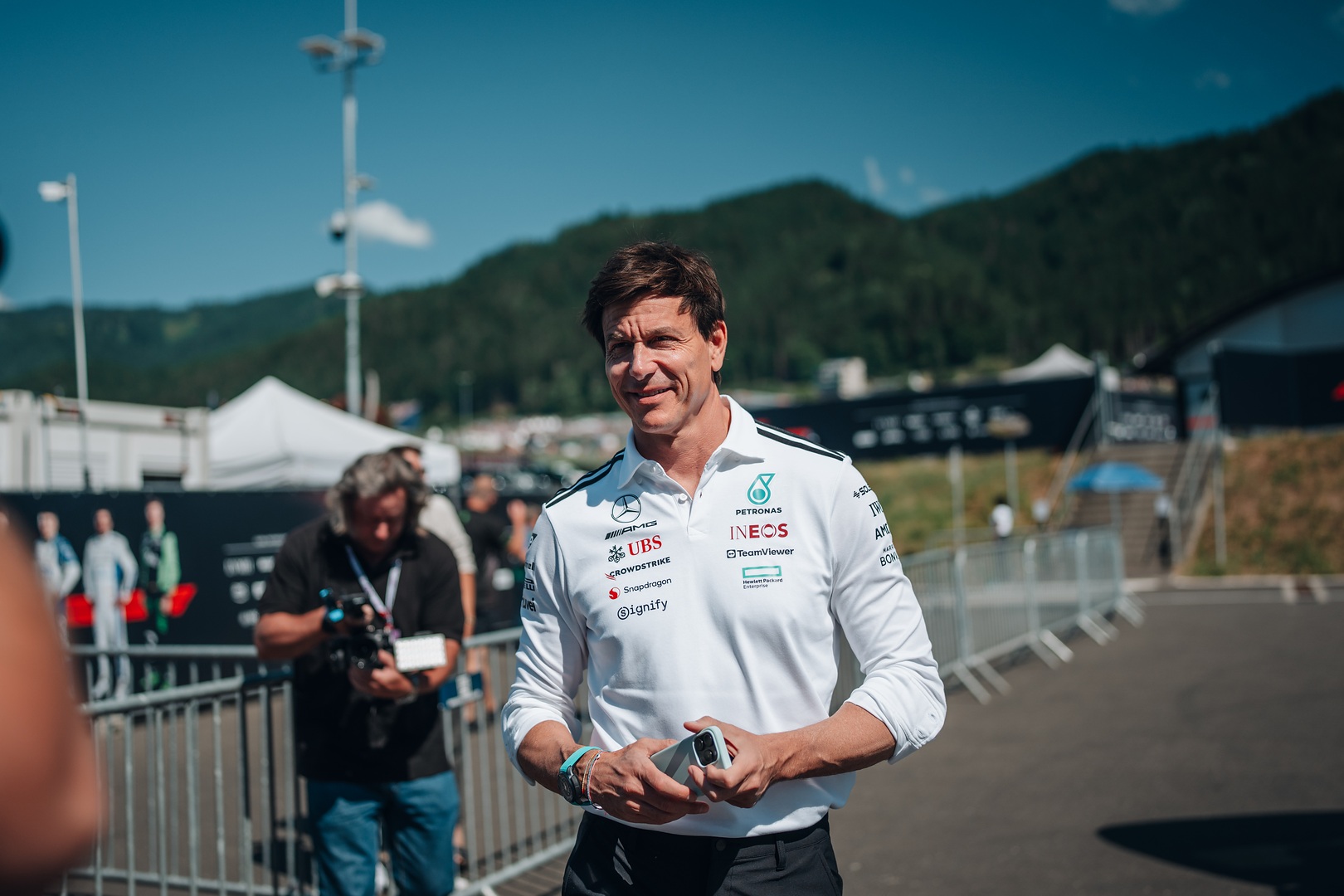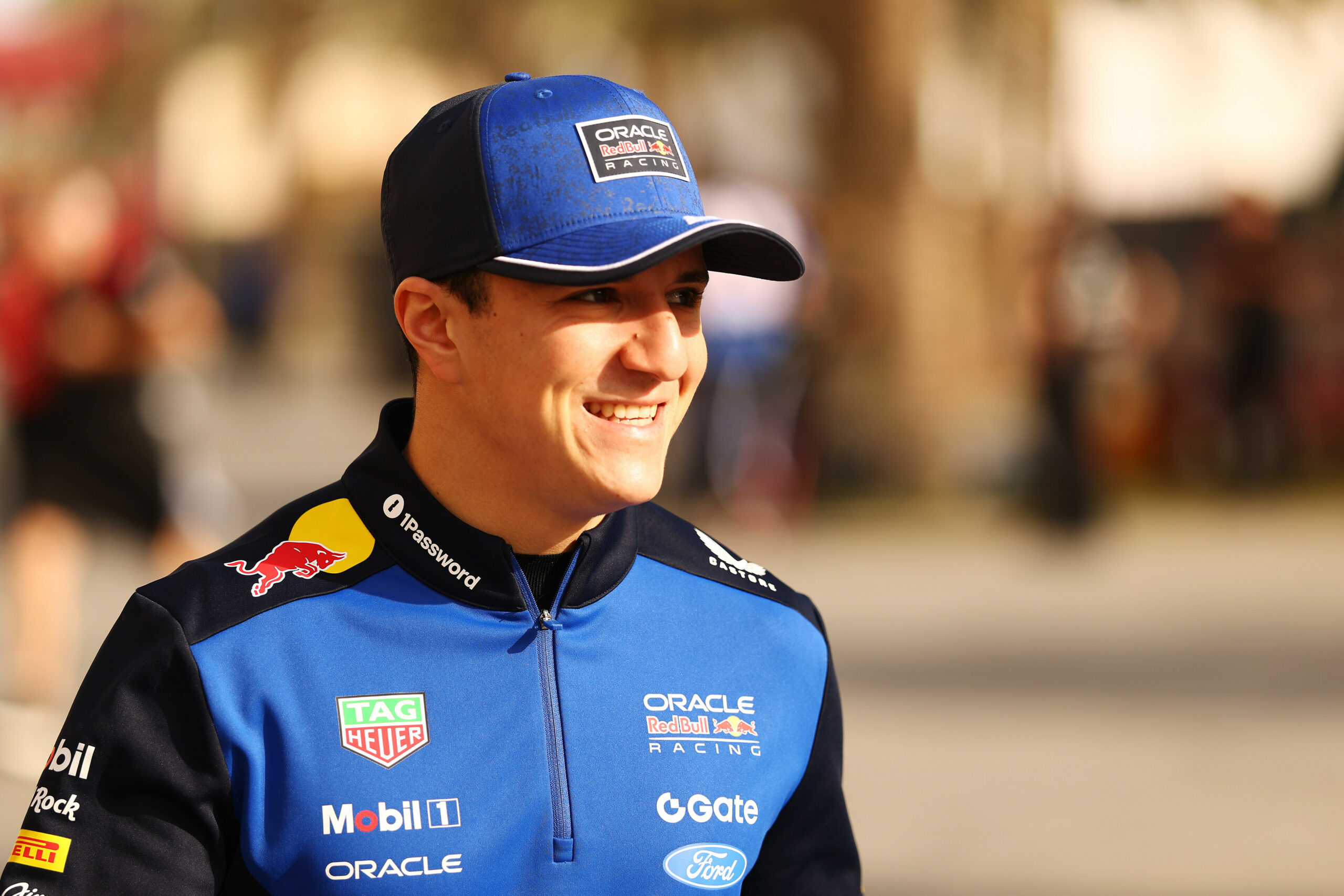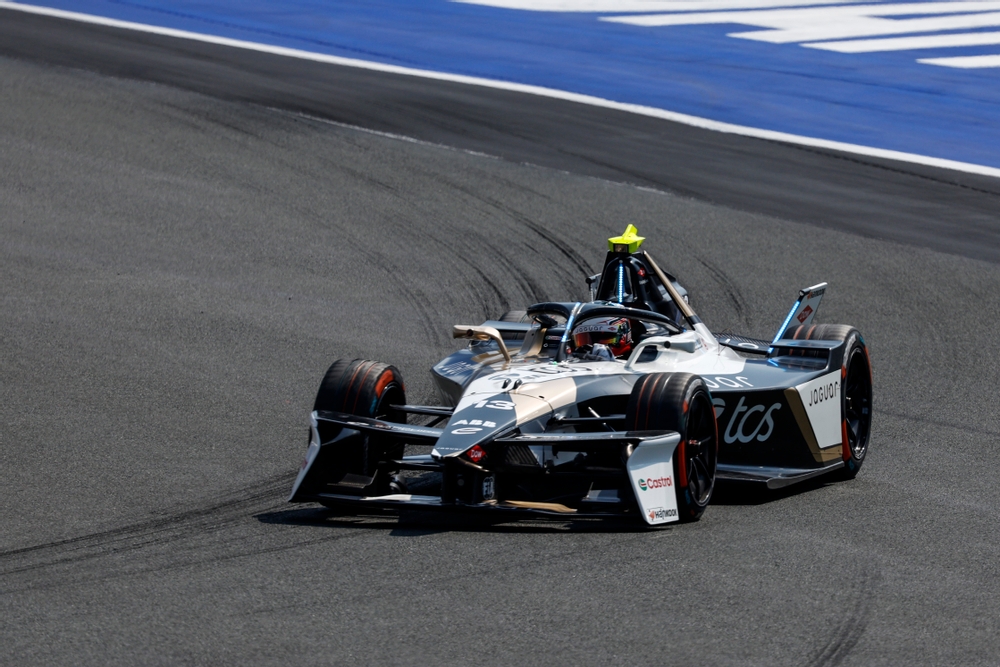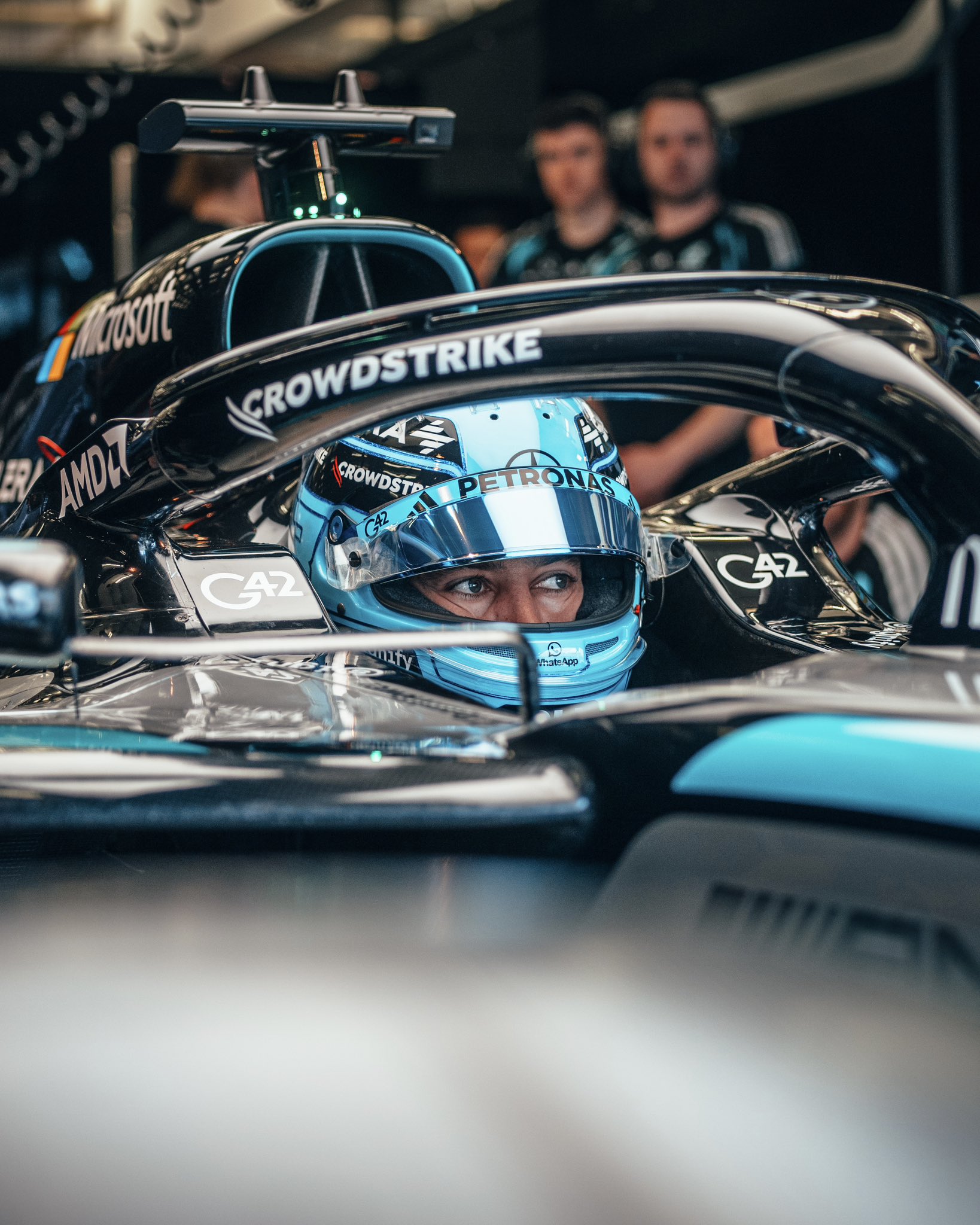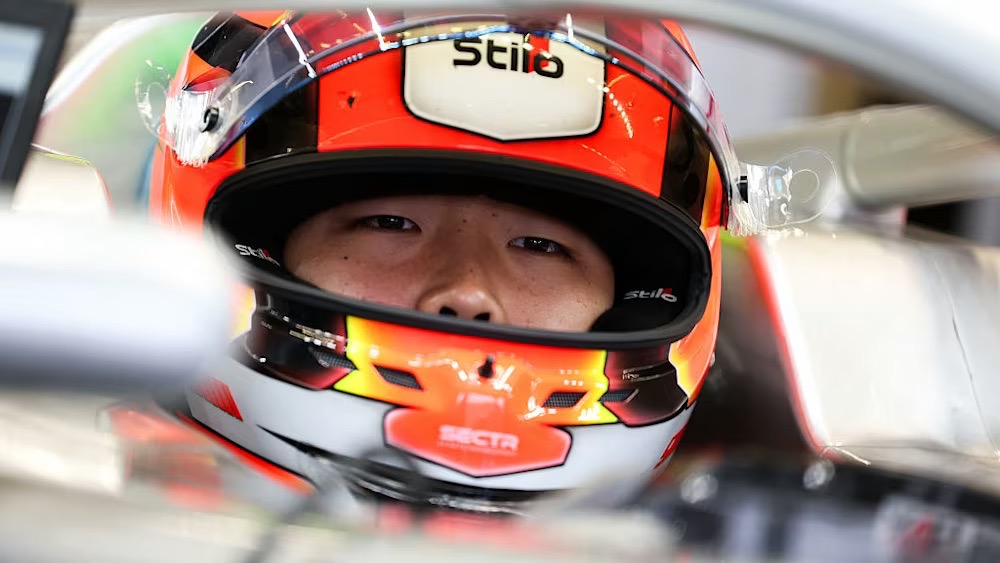Toto Wolff’s post-F1 Austrian GP reflection delivered his most brutally honest assessment of Mercedes’ 2025 campaign. This came after a disappointing Austrian GP weekend. The team’s experimental approach backfired spectacularly amid sweltering Spielberg conditions.
Kimi Antonelli‘s early collision with Max Verstappen ended both drivers’ races. George Russell managed to finish in fifth place. He finished a whole minute behind the victorious McLaren duo.
Mercedes dominated the Canadian GP just two weeks ago. Their struggles in Austria created a stark contrast. Toto Wolff’s post Austrian GP reflection shows his patience with ongoing inconsistencies is wearing thin.
Experimental set-up gamble backfires
The performance swing from Montreal to Spielberg jarred Mercedes. Their known weaknesses in the heat couldn’t explain such a significant reversal. Toto Wolff, post-F1 Austrian GP, was candid about their misjudgment.
“When you look at our performance last year, we won the race here. We were, I don’t remember, 10, 15 seconds behind the leaders [before Verstappen and Norris collided]. That was a very solid performance,” Wolff reflected. “And this year we’re a minute behind the leaders. So that is clearly out of the ordinary, what happened today.“
Wolff acknowledged Mercedes were experimenting with their set-up philosophy, but the gamble misfired at the Red Bull ring. “We do experiment at the moment a little bit how to position, how to put the car on track, where we put the balance. And clearly, this one we got wrong. And we know that,” he stated.
Their traditional weak spots couldn’t fully explain the comprehensive performance deficit.
“So I think it’s not only down to those factors.It’s also about long corners and heat. Clearly, that’s not our seat spot. But it doesn’t explain the gap. And I think we know why. But hindsight is always the answer here, isn’t it?“
Montreal success becomes Austrian disaster
Their set-up experiment succeeded in Montreal’s cooler conditions. It proved to be “a complete shot in the knee [at the Austrian GP].” They could have reverted to their 2024 set-up, one that “would have put [Mercedes] on the podium, maybe. But that is not what [they] tried.“
When pressed about the set-up logic that worked in Canada, Wolff rationalised the team’s approach.
“We think that there’s a certain direction we wanted to pursue, which is perfectly logical for Canada. And a bit counterintuitive for Austria,” he explained. “And our long run looked very good. So we thought Kimi’s long run was maybe second, third fastest, but really good.”
Practice data seemed to justify their experimental approach, but as temperatures rose and grip levels changed, Mercedes found themselves caught out.
“Then obviously the temperatures got hotter, the grip ramped up. And then we kind of come to the conclusion we should have maybe stuck to what we knew from last year.“
Regulation changes offer reset opportunity
Such inconsistencies make championship contention impossible. The upcoming regulation changes offer both opportunity and concern.
“For the benefit, the opportunity lies that it changes completely. The ground effect cars go away with what they do to the tyres. And we reset,” Wolff explained. “But fundamentally, we carry the tyre over in terms of the same product. It may change in specification, but it’s the same product. So we need to understand what creates those oscillations.”
Mercedes is no longer fighting for championship positions, and Wolff noted that.
“Now is the moment. We are not racing for a championship. P2, P3, whatever it is.In the end, only the winning counts.”
Team principal’s patience wearing thin
Wolff’s post Austrian GP reflection showed visible frustration. He is tired of recurring promises and explanations. These have characterized Mercedes’ recent struggles.
“Well, you could say, in a way, I’m getting fed up with my own explanations of what we learn. And then next time we understand better. And that’s been the constant groundhog day,” he admitted.
The team attempted to transfer learnings from Barcelona and Montreal. Their aeromechanical balance set-up approach was “clearly wrong.” The challenge now for Mercedes is extracting meaningful data from the failed experiment.
“Now we have to dig this box. It would be dramatic if we were racing for a victory, if we were racing for a championship, which we do not.So analyse, dig deep, what was it, and go to Silverstone.”
As Mercedes heads to Silverstone for their home race, the pressure is mounting. Wolff admitted his frustration with the team’s cyclical struggles.
The coming races will be crucial. Mercedes must deliver consistency for championship challenges in 2026 and beyond.

